The blockchain is revolutionizing how digital transactions are conducted and has become a pivotal technology in the development of cryptocurrencies, smart contracts, and decentralized applications (dApps). For developers and cryptocurrency enthusiasts looking to leverage this technology, Blockchain APIs provide the essential tools needed for integration and interaction with blockchain ecosystems. This listicle explores the best Blockchain APIs available today, offering insights into their benefits, functionalities, and how to choose the right one for your project.
What are Blockchain APIs?
Blockchain APIs, or Application Programming Interfaces, are essential tools that enable developers to interact with blockchain networks in a simplified and efficient manner. These APIs provide a set of functions and protocols that allow for seamless integration with blockchain platforms, eliminating the need for developers to build complex interactions from scratch. They offer access to various blockchain functionalities such as reading and writing data to the blockchain, conducting transactions, generating cryptographic hashes, and managing smart contracts. By leveraging Blockchain APIs, developers can focus on building applications and services without diving deep into the underlying intricacies of blockchain technology. This facilitates faster development cycles, enhanced functionality, and the creation of robust, decentralized applications.
Benefits of Using Blockchain APIs
Blockchain APIs offer numerous benefits that make them invaluable in the development of decentralized applications and services. First and foremost, they simplify the integration process with blockchain technology. Instead of spending extensive time and resources learning and implementing complex blockchain protocols, developers can leverage APIs to quickly and efficiently connect their applications to a blockchain network. This streamlining significantly reduces development time and allows teams to focus on enhancing other aspects of their projects.
Another major benefit is the enhanced security that Blockchain APIs provide. These APIs are designed with robust security features to ensure safe interactions with blockchain networks. This includes secure key management, encryption protocols, and authentication mechanisms that safeguard data and transactions from malicious attacks and unauthorized access.
Furthermore, Blockchain APIs offer scalability. As user demand and transaction volumes grow, APIs can help manage and distribute workloads efficiently across the network. This adaptability ensures that applications remain responsive and effective even under increased strain.
Lastly, using Blockchain APIs can lead to cost savings. By utilizing pre-built APIs, developers can avoid the significant costs associated with developing and maintaining custom blockchain integrations. This allows for more budget allocation towards innovation and critical business operations.
In summary, Blockchain APIs facilitate easier integration, enhance security, support scalability, and contribute to cost efficiency, making them a critical component for developers aiming to harness the power of decentralized technology.
Choosing the Right Blockchain API
Selecting the appropriate Blockchain API is crucial for the success of your project. Several factors should be considered when making this decision. Firstly, evaluate the compatibility of the API with the blockchain platform you intend to use, such as Ethereum, Bitcoin, or others. Ensuring that the API supports the platform’s protocols and functionalities is fundamental for seamless integration.
Secondly, assess the features and functionalities that the API offers. Depending on your project’s requirements, you might need capabilities such as real-time data access, transaction processing, or smart contract management. Opt for an API that provides a comprehensive set of features tailored to your specific needs.
Thirdly, consider the ease of use and documentation. An intuitive API with comprehensive documentation can significantly reduce the learning curve and development time. Look for APIs with extensive tutorials, examples, and support resources to facilitate easier implementation.
Furthermore, evaluate the security measures implemented by the API provider. Security is paramount in any blockchain integration, and the API should offer robust security features such as encryption, authentication, and secure key management to protect your data and transactions.
Another important factor is the scalability of the API. As your project grows, the API should be able to handle increased workloads and transaction volumes without compromising performance. Check for scalability features and performance benchmarks to ensure the API can support your long-term needs.
Lastly, consider the cost of the API. While some APIs are free, others come with usage-based pricing models. Compare the costs against your budget and the value provided by the API to make a well-informed decision.
In summary, choosing the right Blockchain API involves evaluating compatibility, functionality, ease of use, security, scalability, and cost. By carefully assessing these factors, developers can select an API that aligns with their project goals and ensures the successful integration of blockchain technology.
Popular Blockchain APIs
Infura
Infura provides instant access to the Ethereum and IPFS networks, offering reliable, scalable infrastructure for your blockchain applications. It’s an ideal choice for developers needing robust backend support for their dApps.
GetBlock.io
GetBlock.io is a popular Blockchain API service that provides developers access to full nodes from various leading blockchains, including Bitcoin, Ethereum, Binance Smart Chain, and more. By leveraging GetBlock.io, developers can query and interact with these blockchain networks without managing their own nodes, significantly reducing overhead and complexity. Key features of GetBlock.io include high availability, secure connections, and comprehensive support for multiple blockchain protocols. This makes it an excellent choice for projects that require reliable data, fast response times, and easy integration with various blockchain ecosystems.
Alchemy
Alchemy is another powerful blockchain API that focuses on Ethereum and offers a suite of tools to accelerate dApp development. Its features include real-time data access and extensive analytics, making it popular among developers.
Moralis.io
Moralis.io offers a fully managed backend infrastructure for building efficient dApps. It simplifies the development process by providing easy-to-use APIs and SDKs for authentication, syncing historical blockchain data, and more.
Etherscan API
The Etherscan API allows you to explore and search the Ethereum blockchain for transactions, addresses, tokens, and prices. It’s an essential tool for developers looking to create applications that require Ethereum blockchain data.
Blockcypher API
Blockcypher API supports multiple blockchain networks, including Bitcoin, Ethereum, and Litecoin. It offers features like wallet creation, transaction building, and blockchain querying, catering to a wide range of development needs.
Chainlink
Chainlink is a decentralized oracle network that enables smart contracts to securely interact with external data sources, APIs, and payment systems, expanding the capabilities of blockchain applications beyond their native ecosystems.
GraphQL APIs (The Graph, Covalent)
GraphQL APIs like The Graph and Covalent provide powerful query languages for blockchain data, allowing developers to retrieve exactly the information they need from blockchain networks efficiently.
Web3.js
Web3.js is a collection of libraries that enable applications to interact with a local or remote Ethereum node using HTTP, IPC, or WebSocket connections. It’s fundamental for those developing Ethereum-based applications.
Truffle
Truffle is a development environment, testing framework, and asset pipeline for blockchains using the Ethereum Virtual Machine (EVM), making it easier to build dApps.
Conclusion
Blockchain APIs are vital tools for developers looking to innovate within the blockchain space. By understanding the unique features and capabilities of each API, you can select the best one for your project, unlocking new possibilities for your applications. As the blockchain industry continues to evolve and grow, we can expect more advanced and diverse Blockchain APIs to emerge, further expanding the potential of this groundbreaking technology. So, keep exploring and building with Blockchain APIs!
FAQ
What are some common use cases for blockchain APIs?
Common use cases include cryptocurrency transactions, smart contract deployment, dApp development, and accessing blockchain data for analytics.
Do I need any blockchain expertise to use a blockchain API?
While some knowledge of blockchain technology is helpful, many APIs are designed to simplify the integration process, making it accessible to developers with varying levels of expertise.
How do blockchain APIs differ in terms of data access speeds and costs?
APIs may offer different pricing models based on request volume, speed, and data complexity. It’s important to compare these factors based on your project’s requirements.
What security considerations should I keep in mind when choosing a blockchain API?
Consider the API’s security measures, such as authentication, data encryption, and the provider’s track record in handling security incidents.
Can blockchain APIs be used for real-time data access?
Yes, many blockchain APIs provide real-time data access, which is crucial for applications that rely on up-to-date blockchain information.
Are there any limitations to what I can achieve with a blockchain API?
While blockchain APIs offer extensive capabilities, the limitations often depend on the specific blockchain network and the API’s design. It’s essential to evaluate whether an API meets your project’s needs.

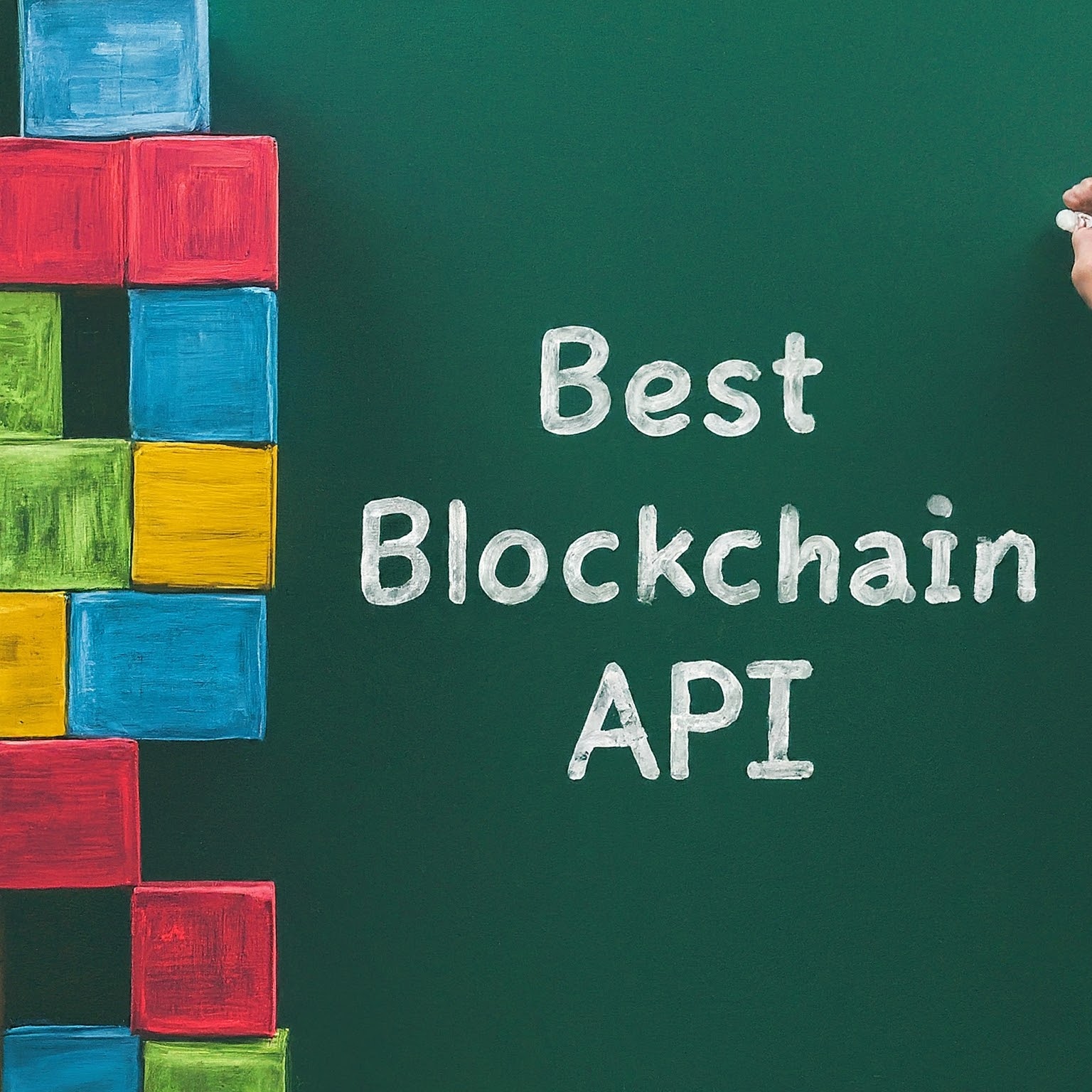
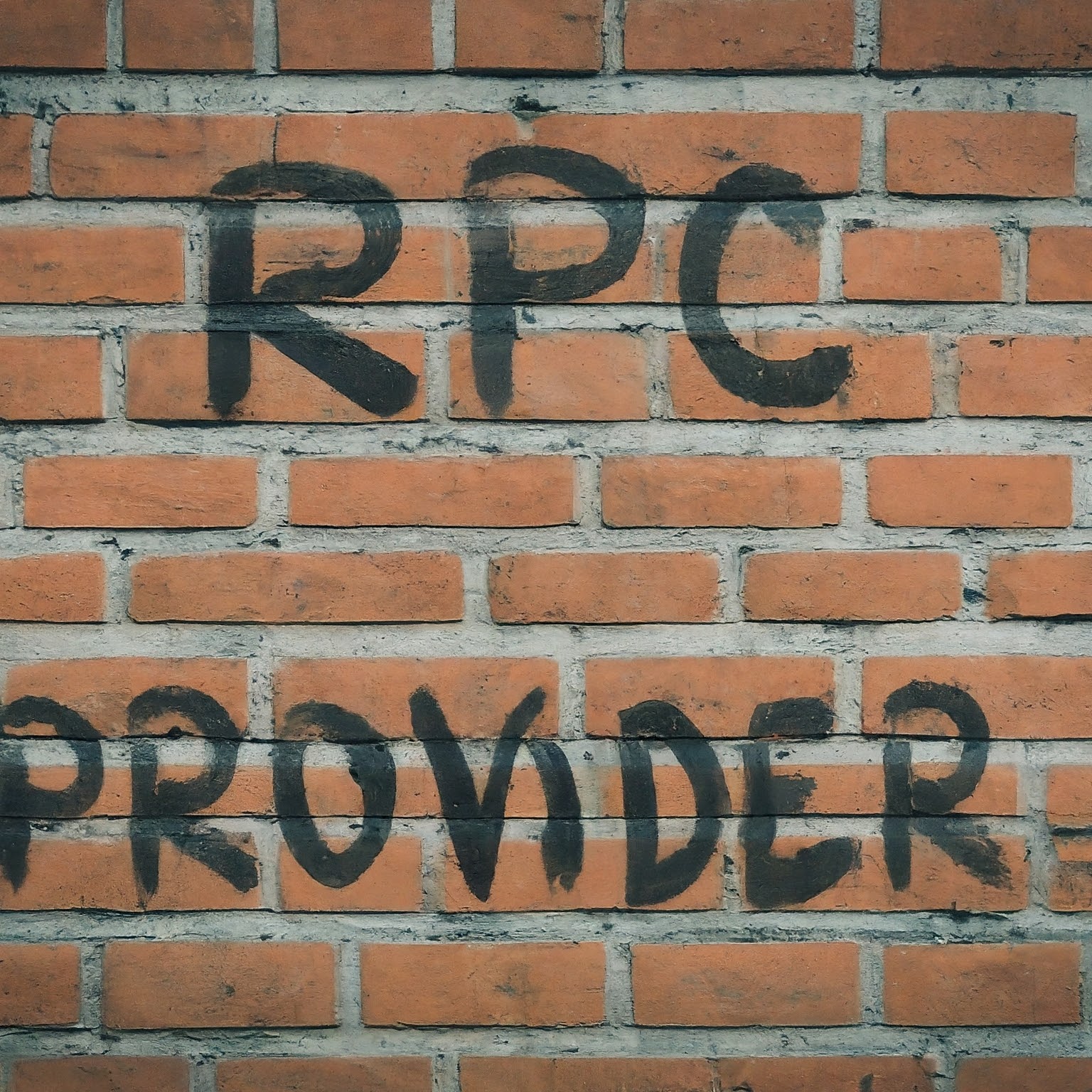
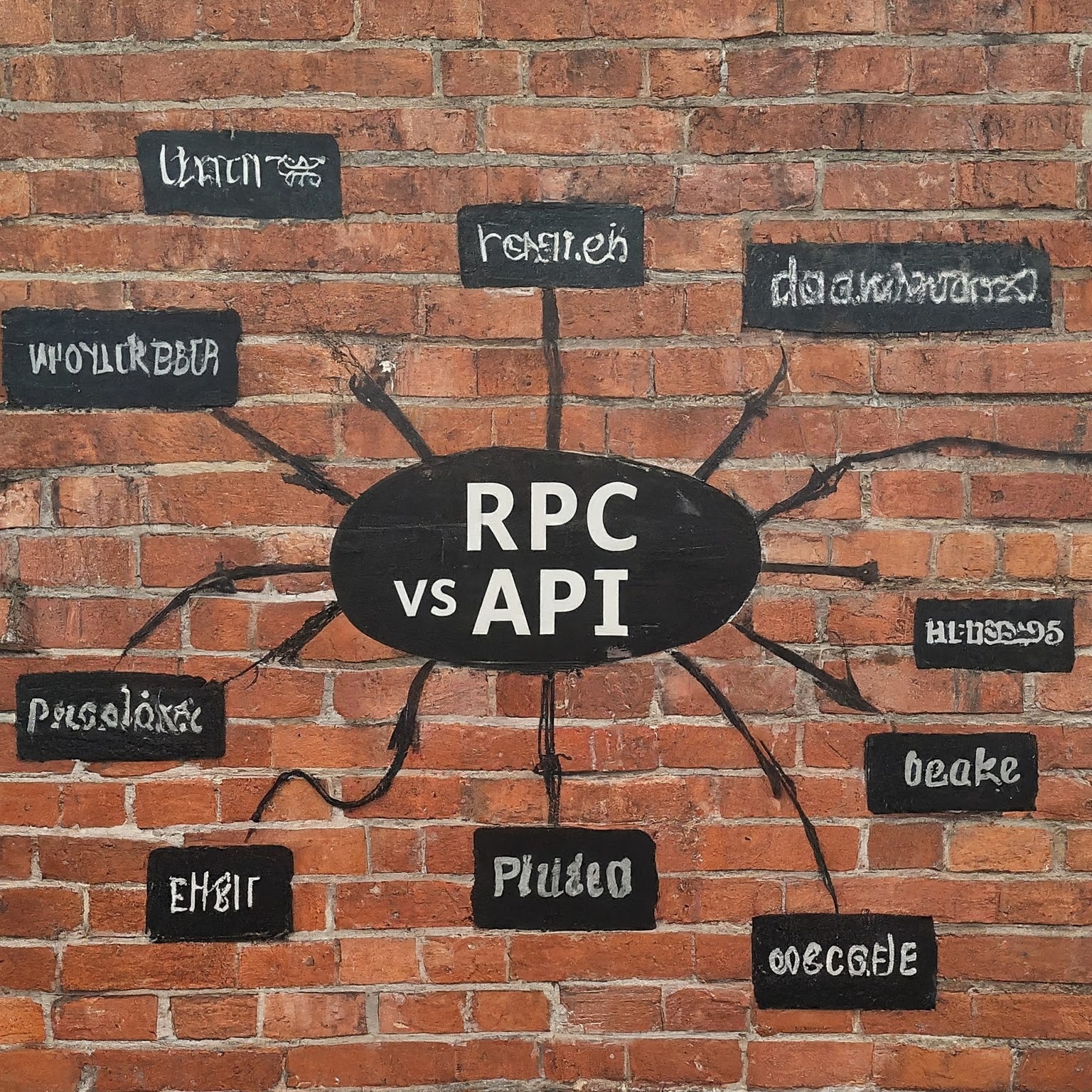
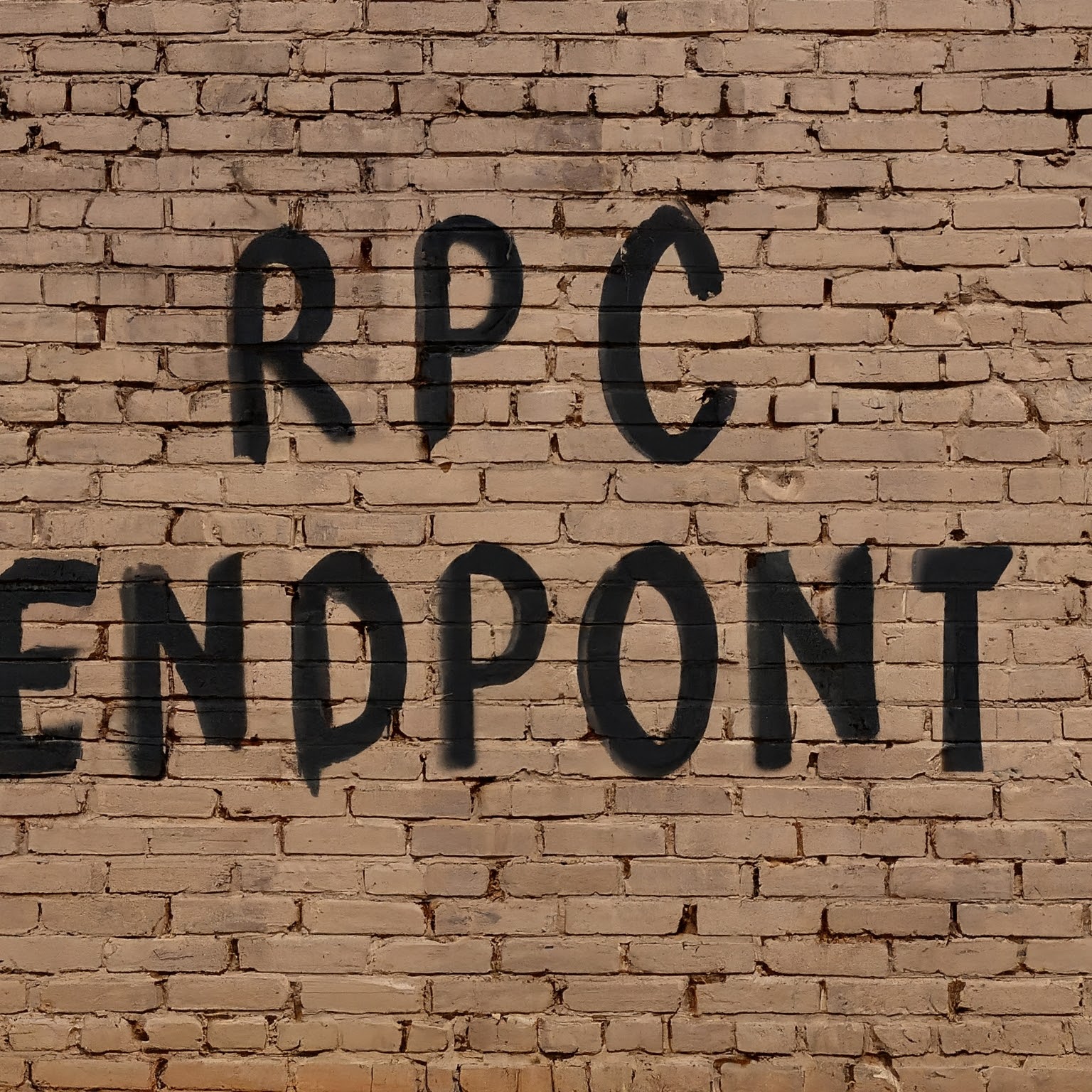
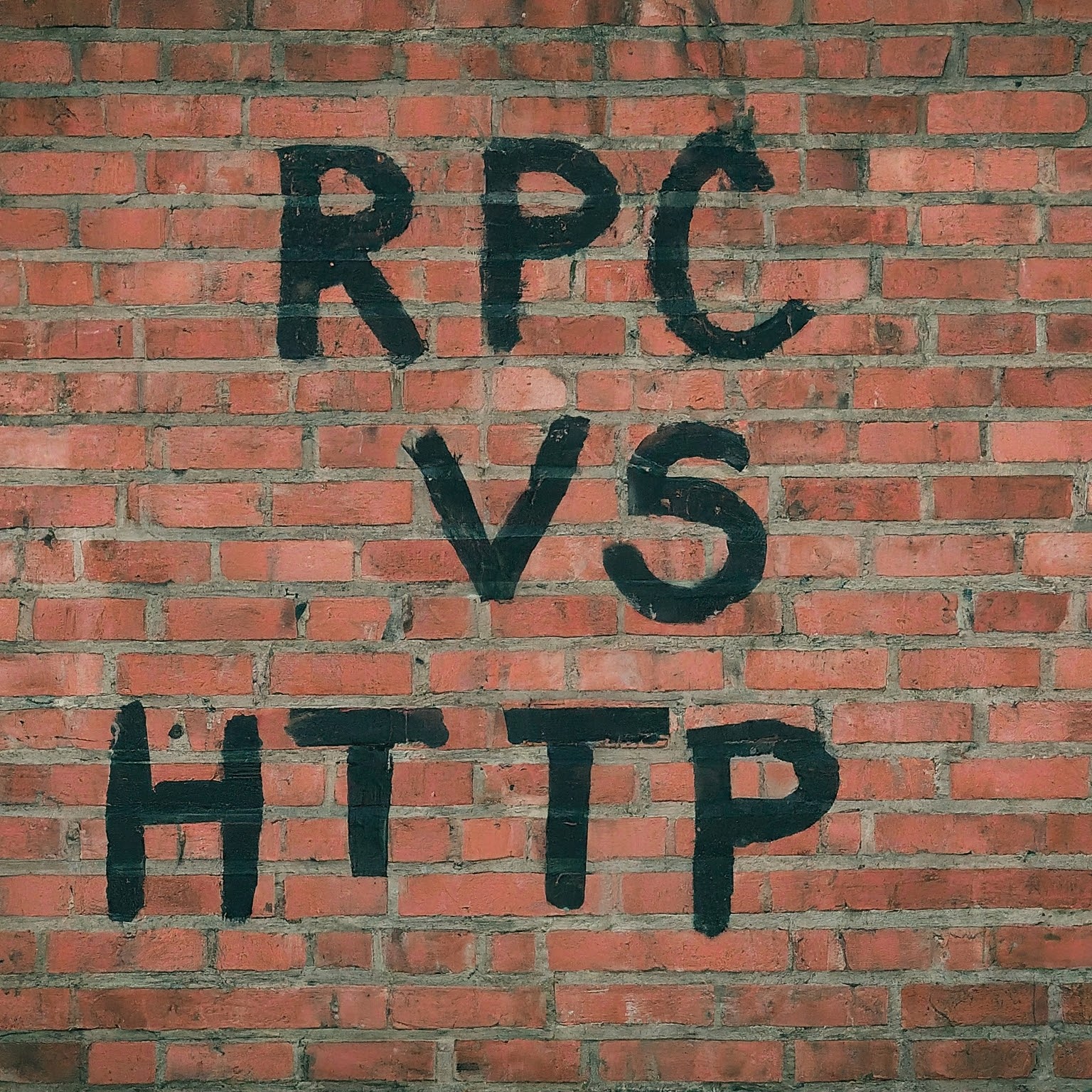
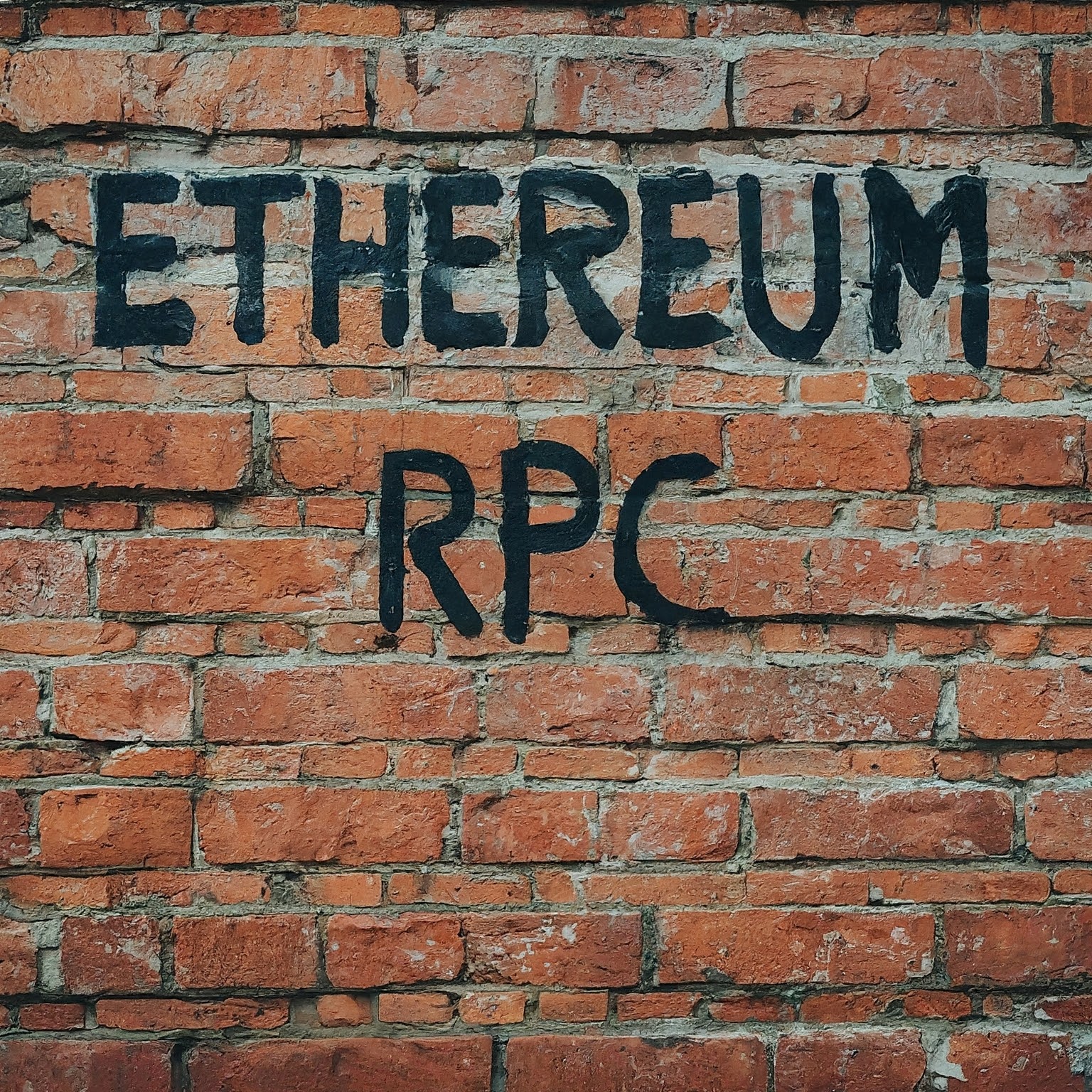
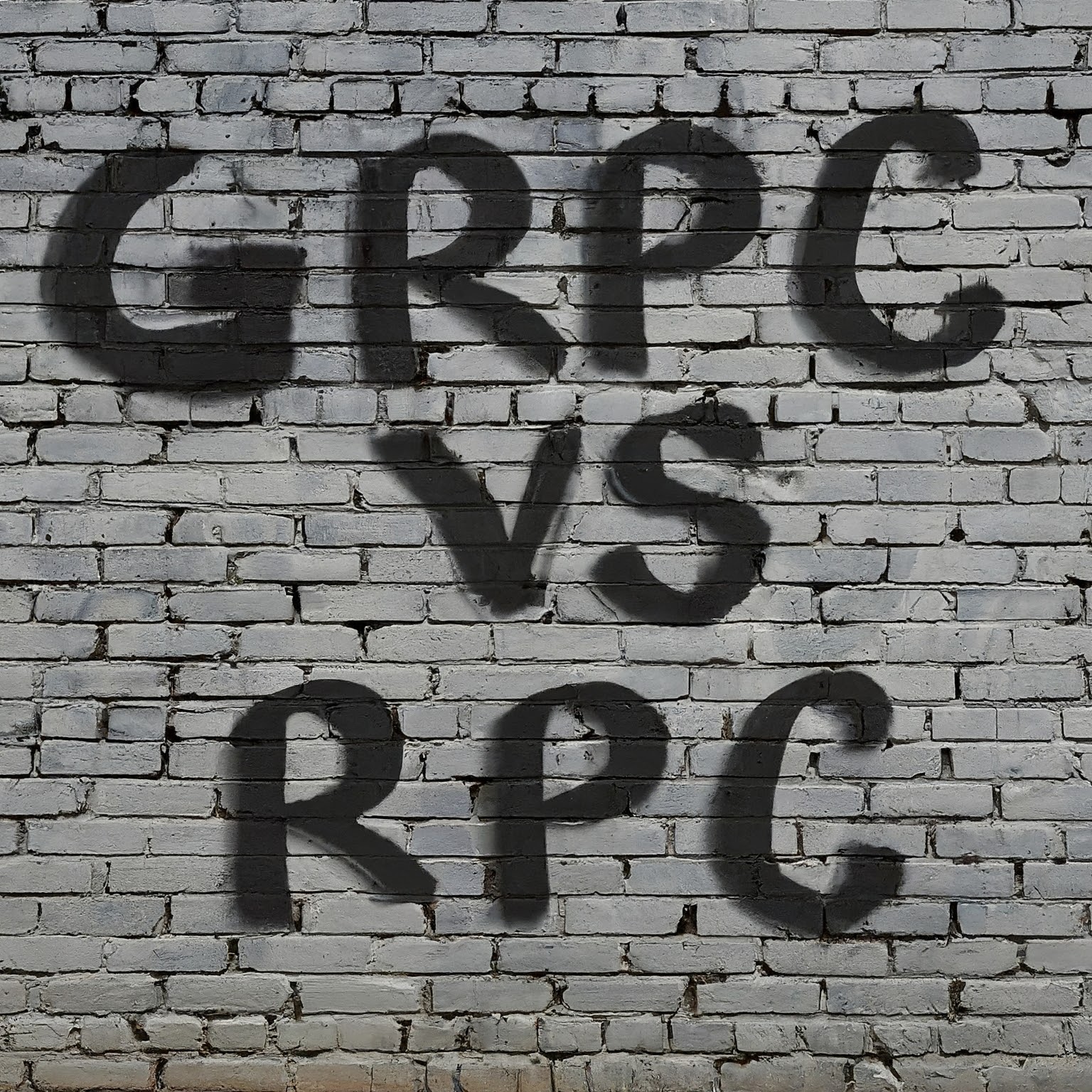
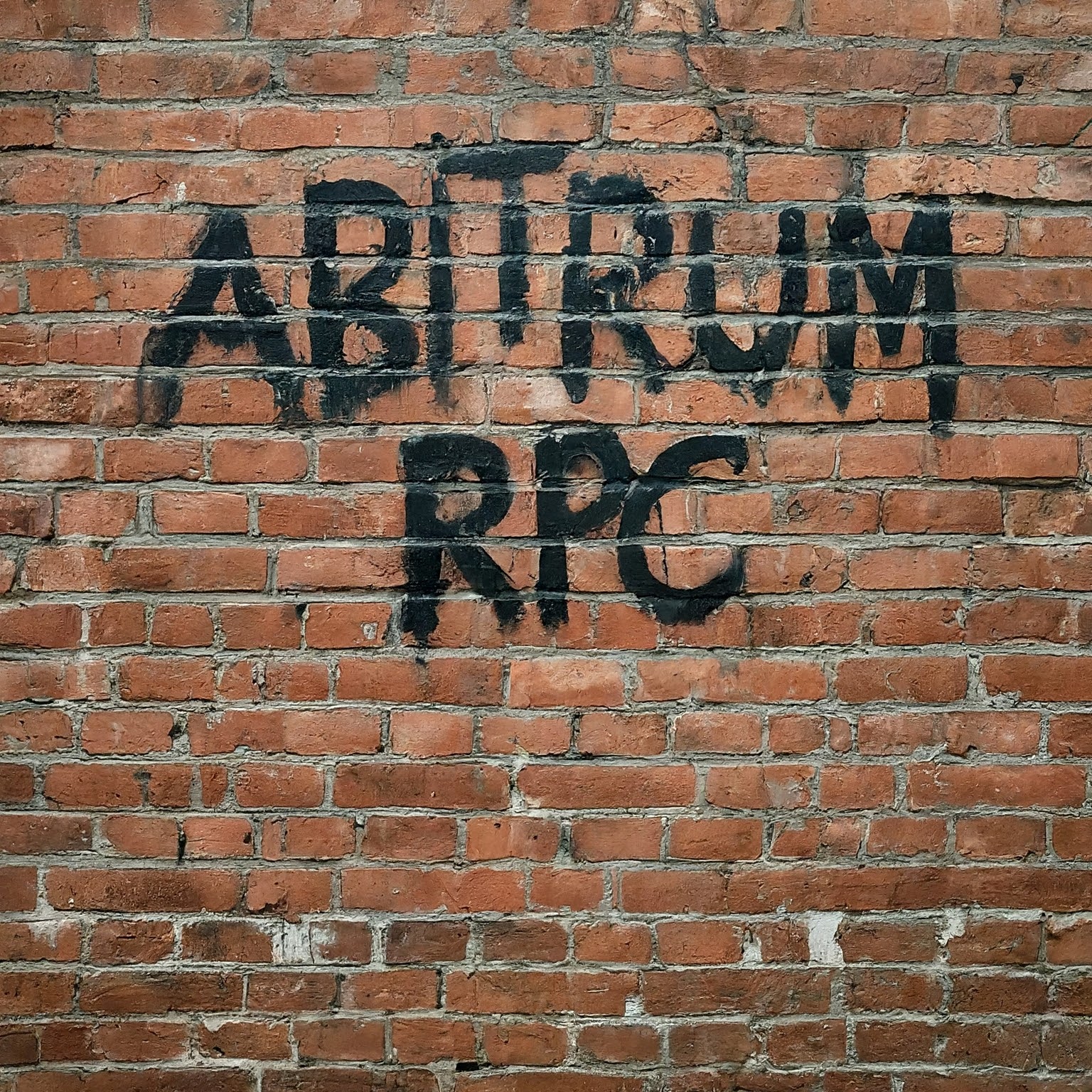

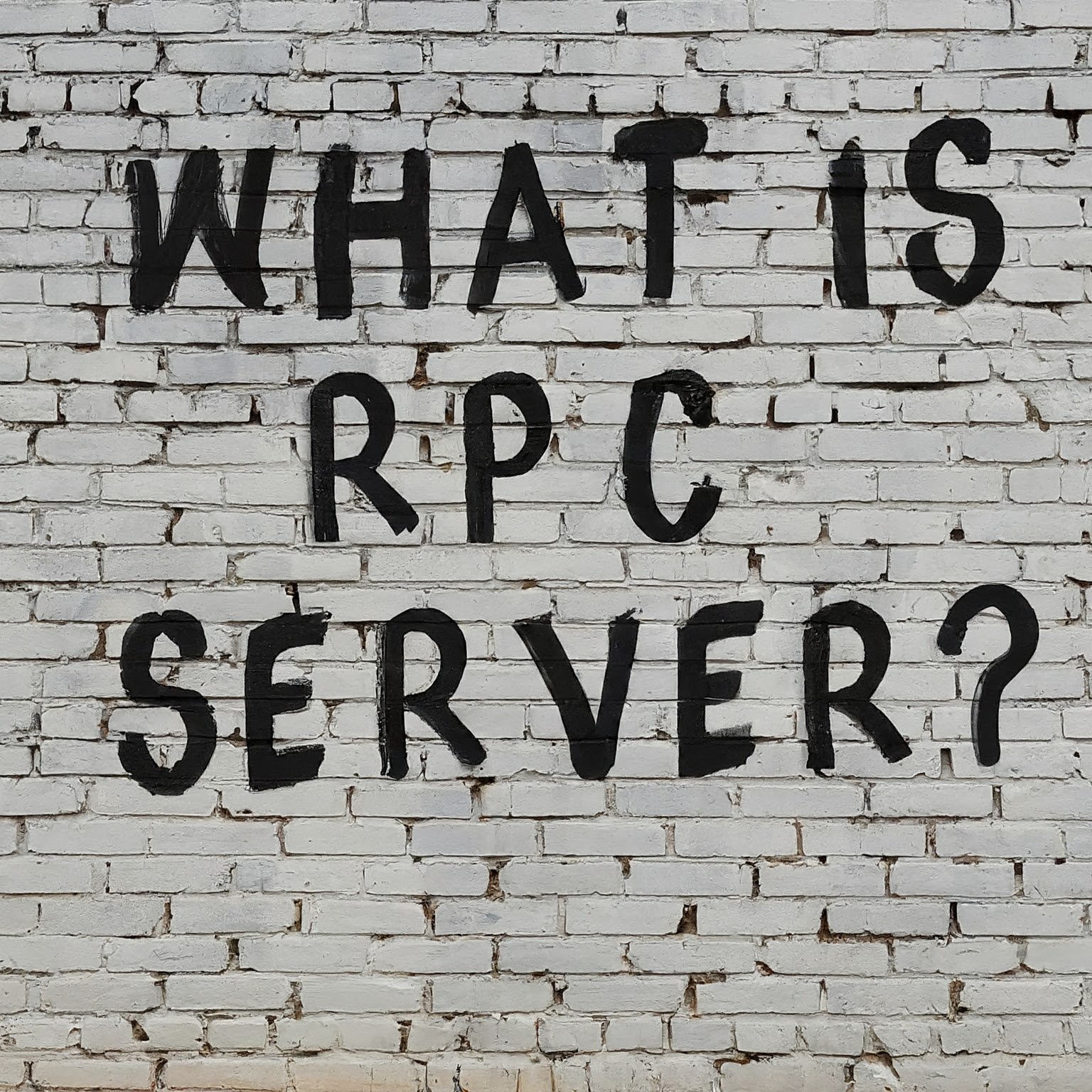
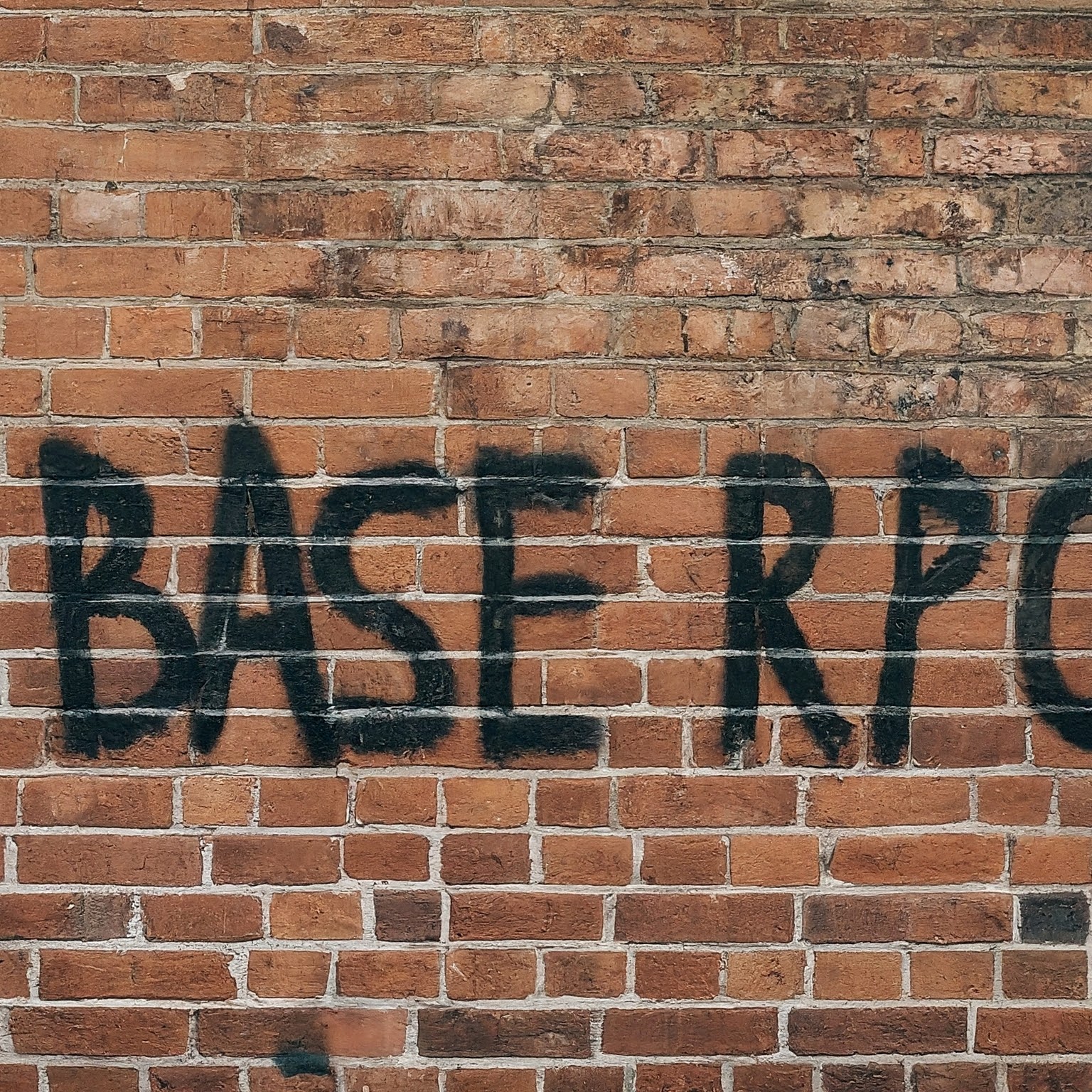
Leave a Reply
You must be logged in to post a comment.